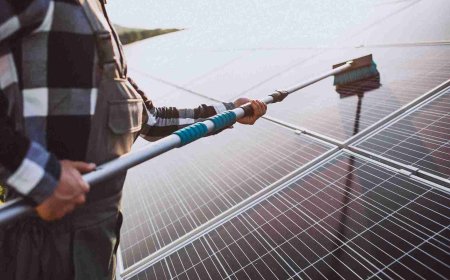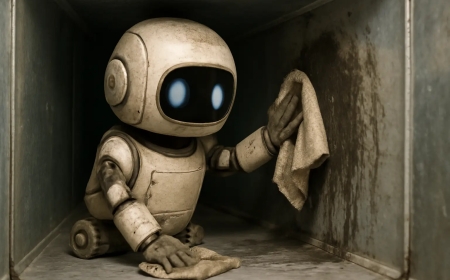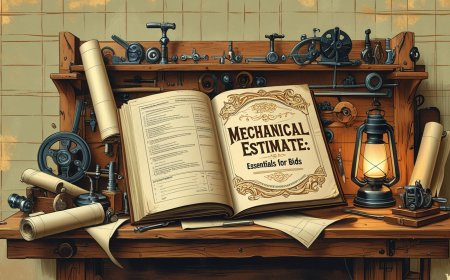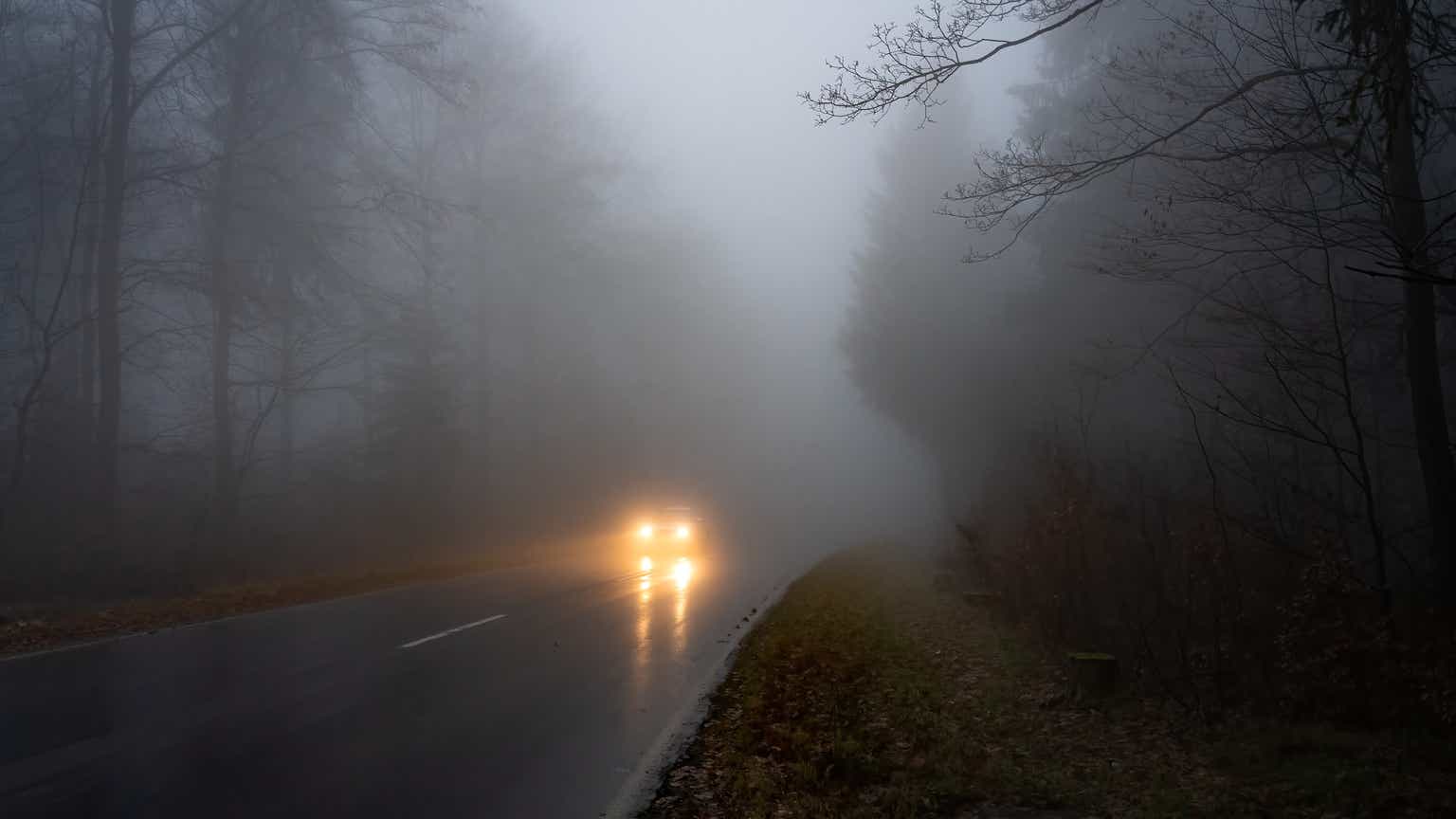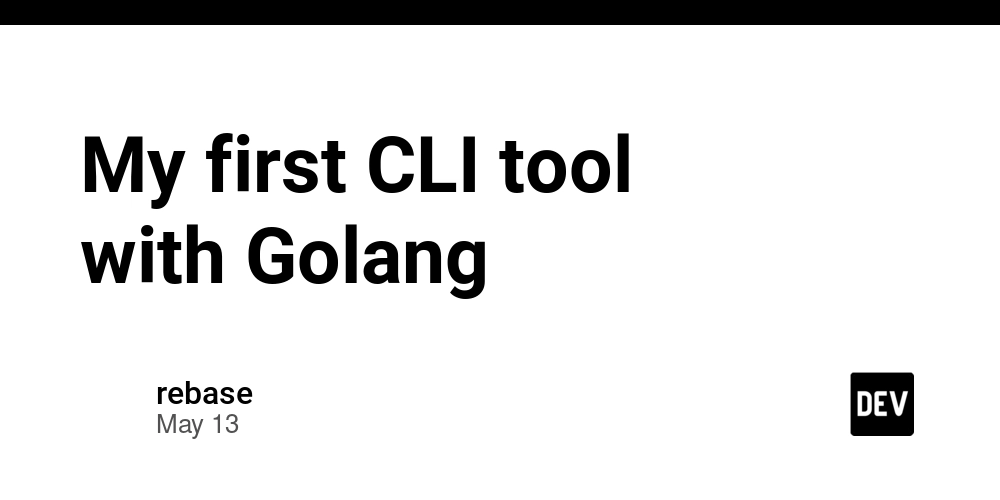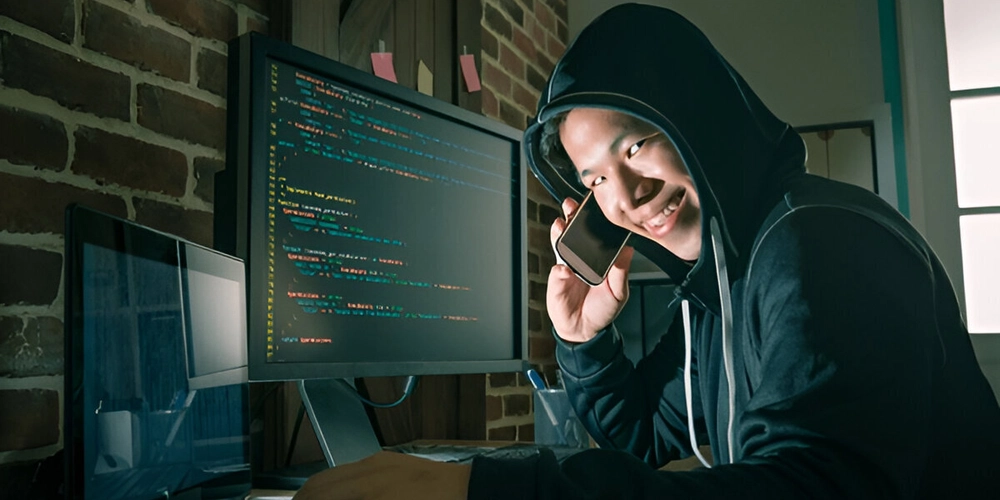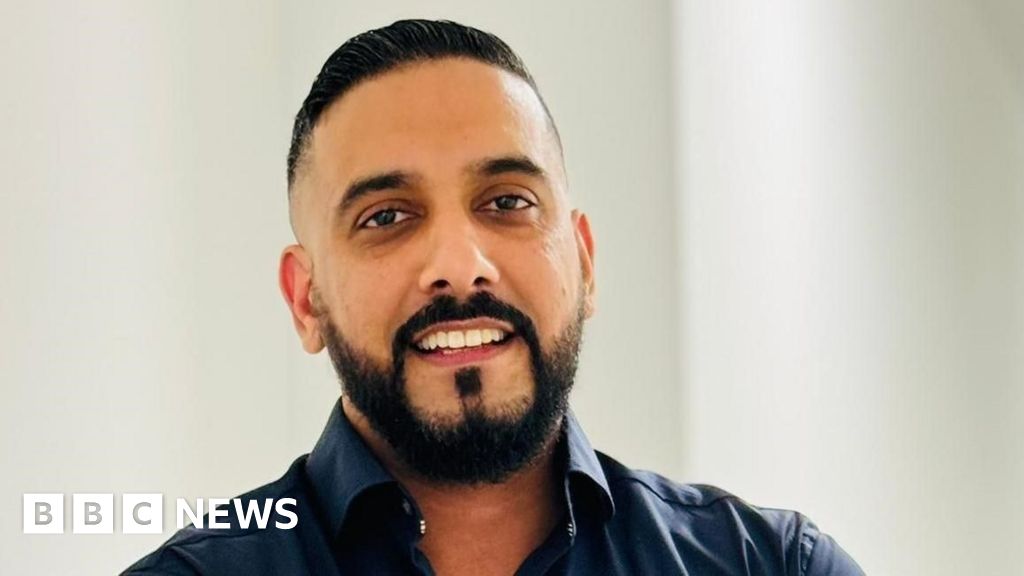Liberals rail at establishment: 'Too many corporate, establishment politicians'
Progressive Democrats are on a tear. The party liberals — particularly younger voices, in Congress and outside of it — are increasingly disillusioned with how the Democrats’ old guard is managing the high-stakes battle against President Trump, who is using his second term to dismantle the conventions of law and government. On issues as varied...

Progressive Democrats are on a tear.
The party liberals — particularly younger voices, in Congress and outside of it — are increasingly disillusioned with how the Democrats’ old guard is managing the high-stakes battle against President Trump, who is using his second term to dismantle the conventions of law and government.
On issues as varied as immigration, impeachment and picking committee leaders in the Capitol, these voices are airing frustrations that the party is failing to meet the moment in the face of a White House threat they deem to be existential.
Many are battling to divorce the party from the veteran leaders of the past — to include former President Biden, who has reemerged recently with a series of public events — and instead carve an avenue for younger up-and-comers to take the reins and remold the party’s image with designs to win back the working class.
“Voters are fed up with this entire class of incumbents,” said Usamah Andrabi, spokesperson for Justice Democrats, a liberal group advocating for a new crop of younger progressives.
“There are too many corporate, establishment politicians who they feel like are do-nothing Democrats in the face of this existential threat,” he added. “And it's time to usher in a new generation.”
The fight over Trump’s deportation policy is a major source of strife. Trump has long used immigration as a wedge issue to animate conservatives and other voters who find appeal in his tough-enforcement approach, and some moderate Democrats have warned colleagues to steer clear of the topic for fear of a voter backlash.
Liberals are furious with that advice, saying the real backlash will occur if Democrats don’t fight tooth and nail against mass deportations, many of them taking place without any semblance of judicial screening.
"That is crazy, that any Democrat would say this is a losing position for us,” Ezra Levin, co-founder of the Indivisible Project, another grassroots progressive group, said in a recent interview with The Bulwark. “They're thinking about it in these, like, 1990s political terms, and we just live in a completely different environment now."
In recent days, the clash has turned to more structural matters, as liberals are questioning whether the party's rules make it all but impossible for the young stars of the future to move up. Those questions were thrust into the spotlight after Rep. Alexandria Ocasio-Cortez (D-N.Y.) last week declined a run at the top Democratic seat on the House Oversight and Accountability Committee, a prominent perch for Democrats fighting to shine a public light on Trump’s many controversies.
The reason? The party’s seniority system, she said, stacked the odds against her.
“It’s actually clear to me that the underlying dynamics in the caucus have not shifted with respect to seniority as much as I think would be necessary, and so I believe I’ll be staying put at Energy and Commerce,” she told reporters.
Some Democrats questioned that argument, noting that Ocasio-Cortez would have had to leave the powerful Energy and Commerce panel to seek the Oversight seat without any assurances she would win it.
“It wasn't like a done deal or anything,” said one Democratic lawmaker, who spoke anonymously to discuss a sensitive topic. “[Seniority] is a strong factor, but it was more of a rolling the dice kind of situation."
Still, Ocasio-Cortez is not only a liberal superstar with a huge national following, she’s also a favorite of the left to run for the White House in 2028. And after she announced her Oversight decision, progressives wasted no time taking shots at a seniority system they say is denying younger talent any chance at upward mobility.
“She's right that there are still barriers to keeping young people running for these sorts of positions. I mean, that's part of my calculation in not running, as well,” said Rep. Maxwell Frost (Fla.), a second-term Democrat who had also weighed a run at the Oversight seat.
As a member of the Congressional Black Caucus, Frost said he understands the value of a seniority system that’s helped minority lawmakers rise to power on numerous committees over the course of decades.
“But also times are changing, and I think there's more avenues for young Black people and Latinos to be able to get there,” Frost said. “So I see both sides. But … it’s a very uphill battle” for younger members.
Rep. Jasmine Crockett (D-Texas), another second-term liberal who is also interested in the Oversight seat, has been even more blunt, decrying “systems” she says prevent lawmakers from representing the voters who empowered them, particularly as it pertains to the fight against Trump.
“There is an inside, outside game. I mean, I think if the outside could vote, then I would be the clear winner,” Crockett said recently on SiriusXM’s “Urban View” program.
“At the end of the day, it's the people that put us in the seats. And the people need to believe that Democrats are listening, and that they are going to give them the fighter that they are looking for to go after this man and this administration.”
Branching out further, some liberal Democrats used the Oversight debate as a platform to call for another change to the party’s power structure: the establishment of term limits for committee heads. While Republicans have long used a two term-limit system, Democrats have eschewed that idea in another bow to seniority. That, more and more liberals say, is a mistake that needs changing.
“I think the Republicans have it right,” said Rep. Becca Balint (D-Vt.).
“Maybe it's not two terms. Maybe it's three; maybe it's four — we can come to a sweet spot here. But we need to be cultivating, not just younger talent, but different talent,” she added. “If we're not constantly replenishing who those voices are that can capture storytelling — this is all about storytelling, that's what politics is, right?
“And so I just feel like, structurally, I don't think that we're meeting this moment.”
